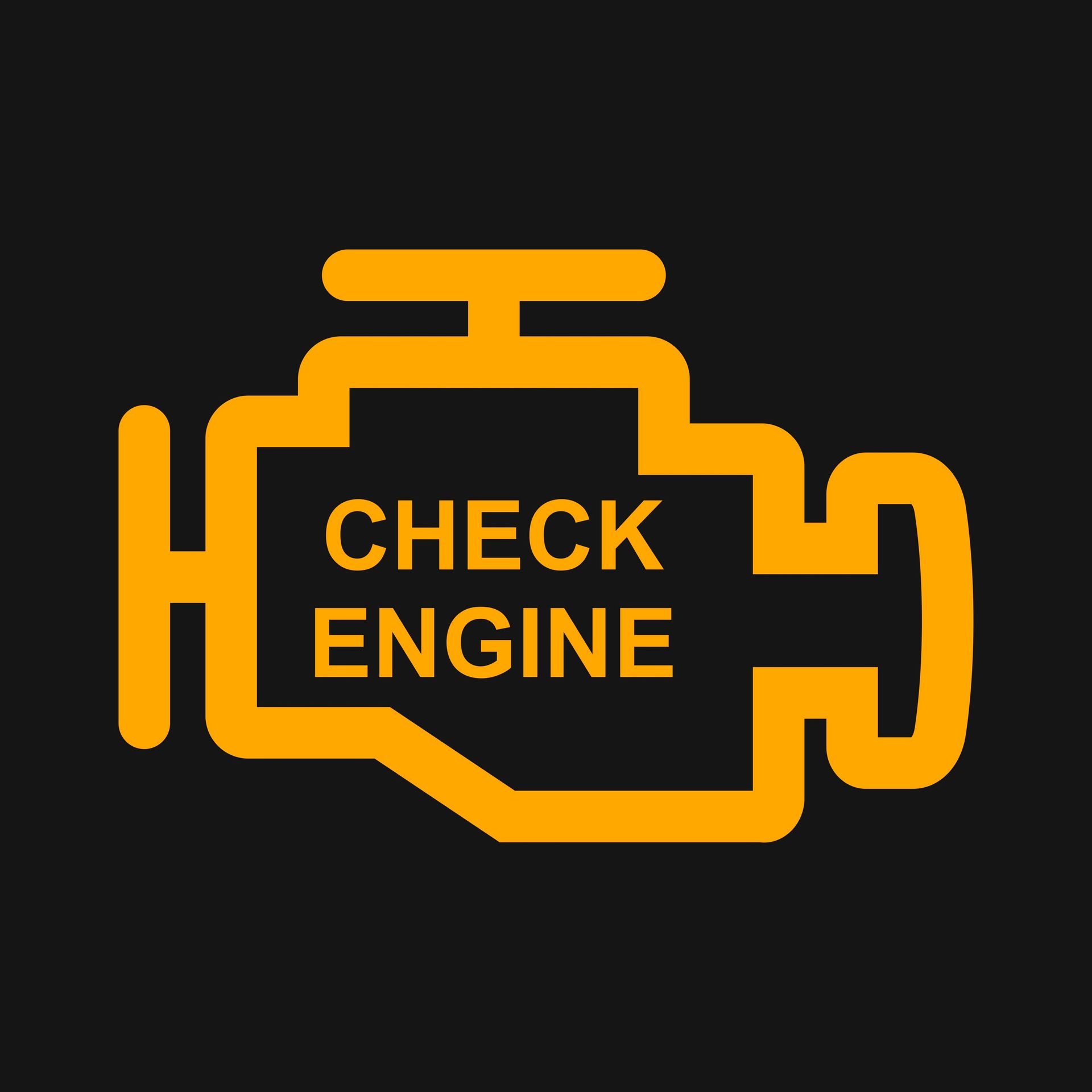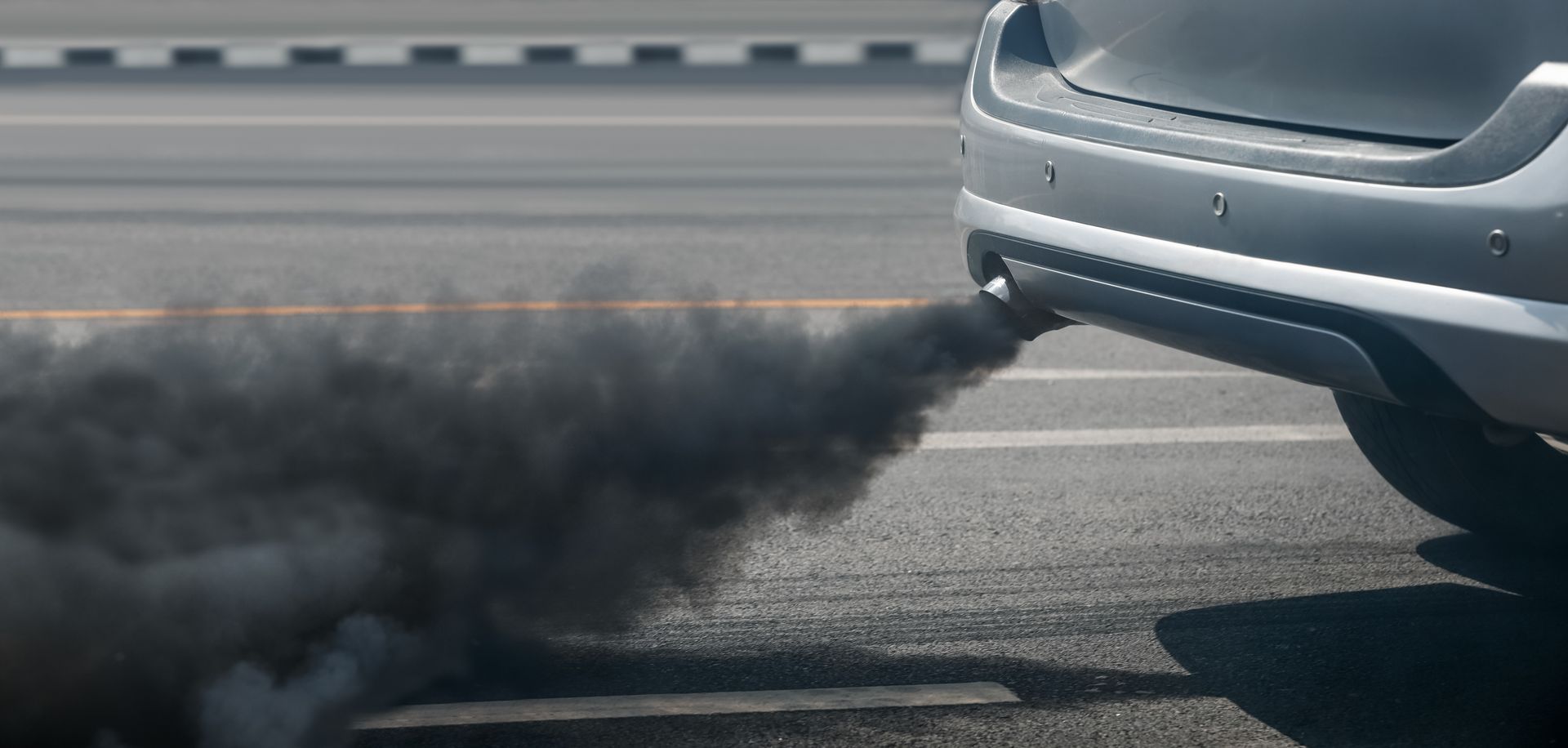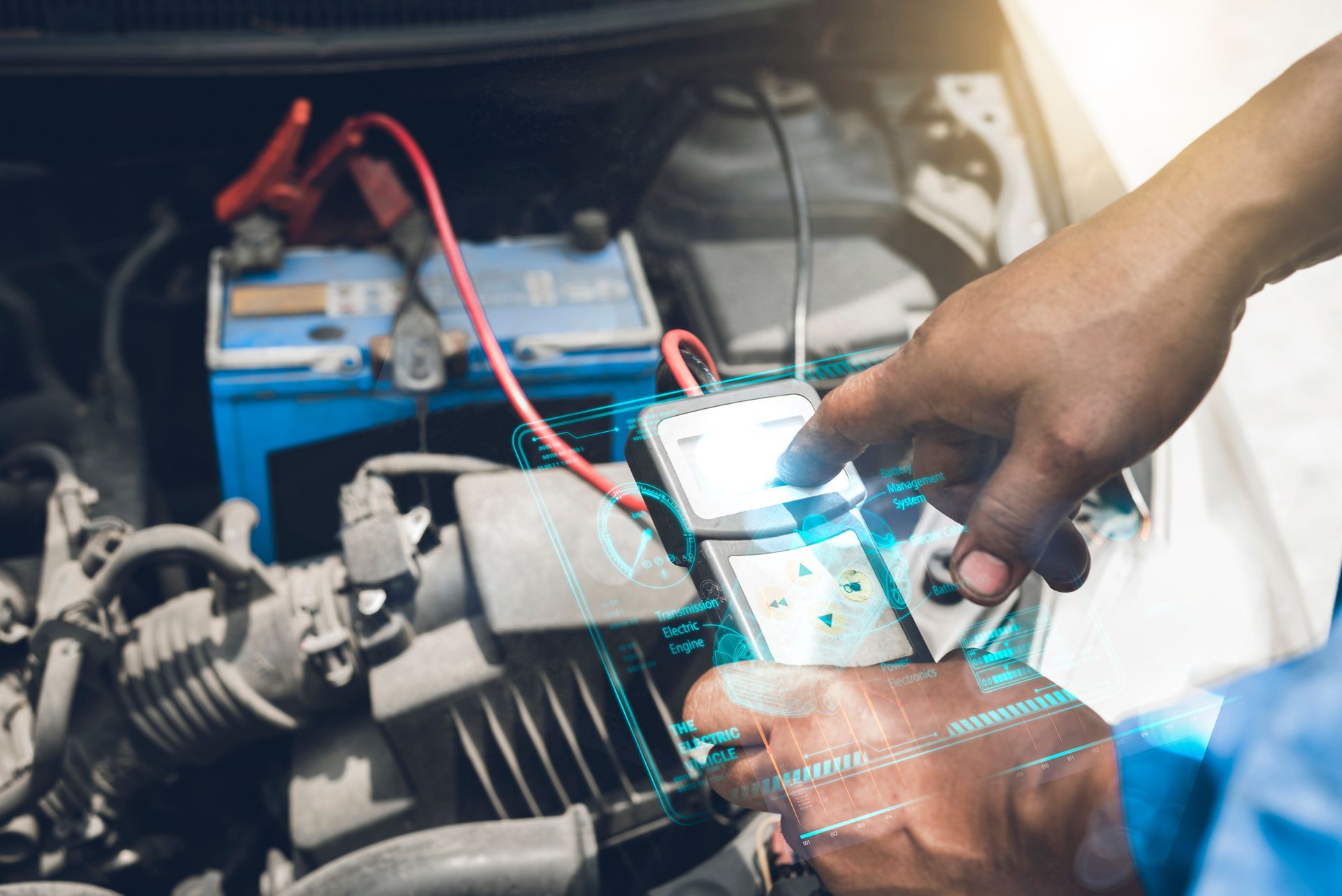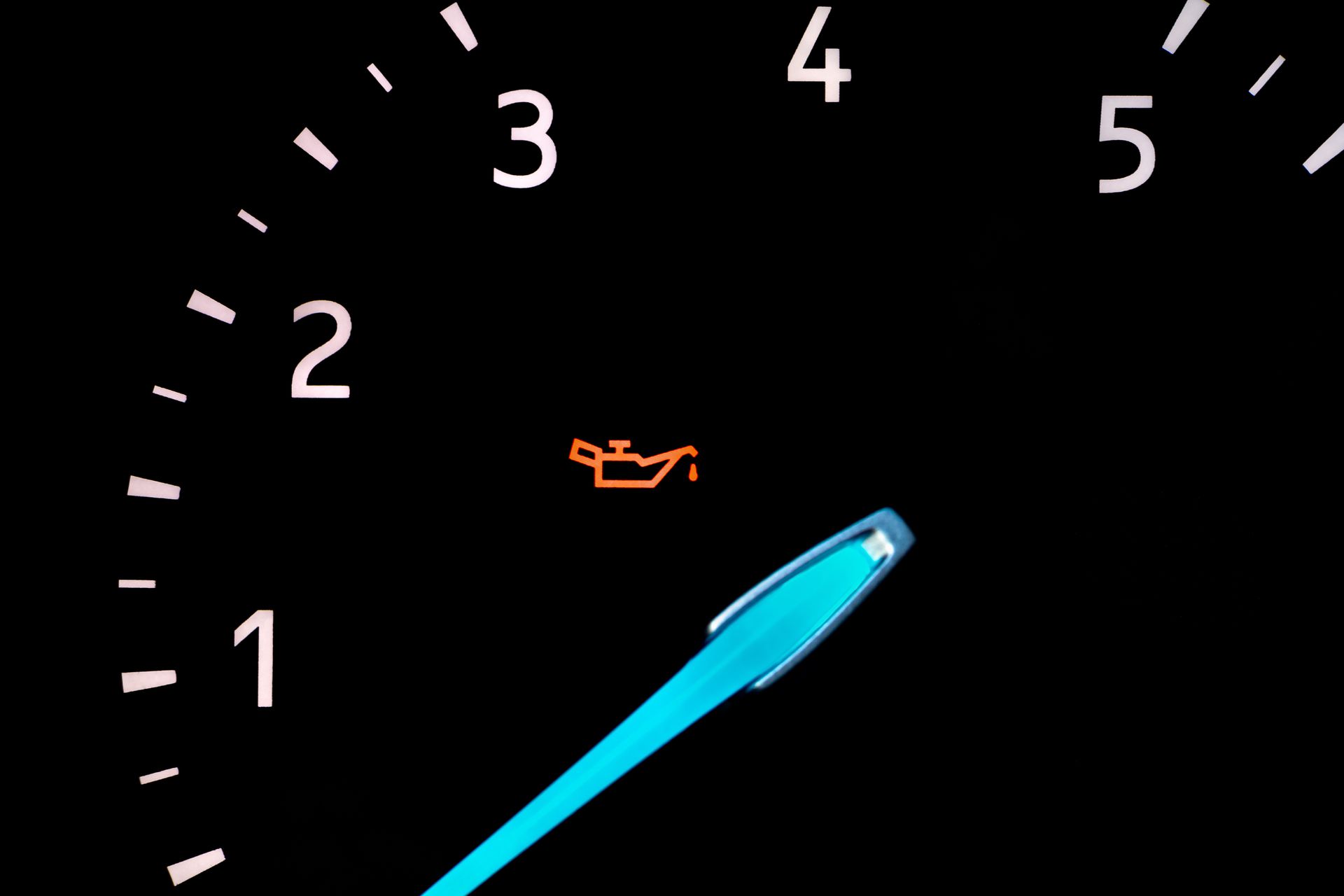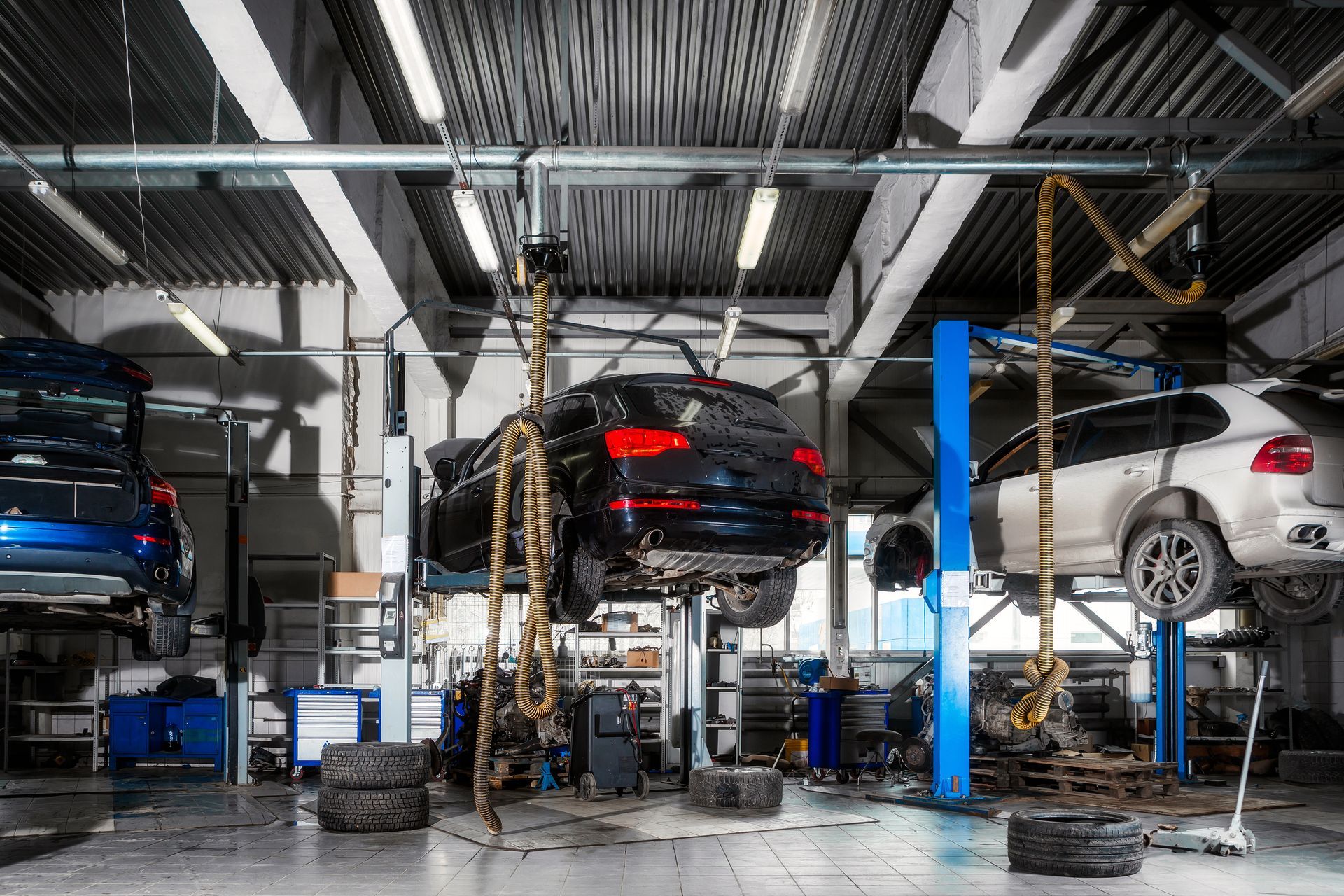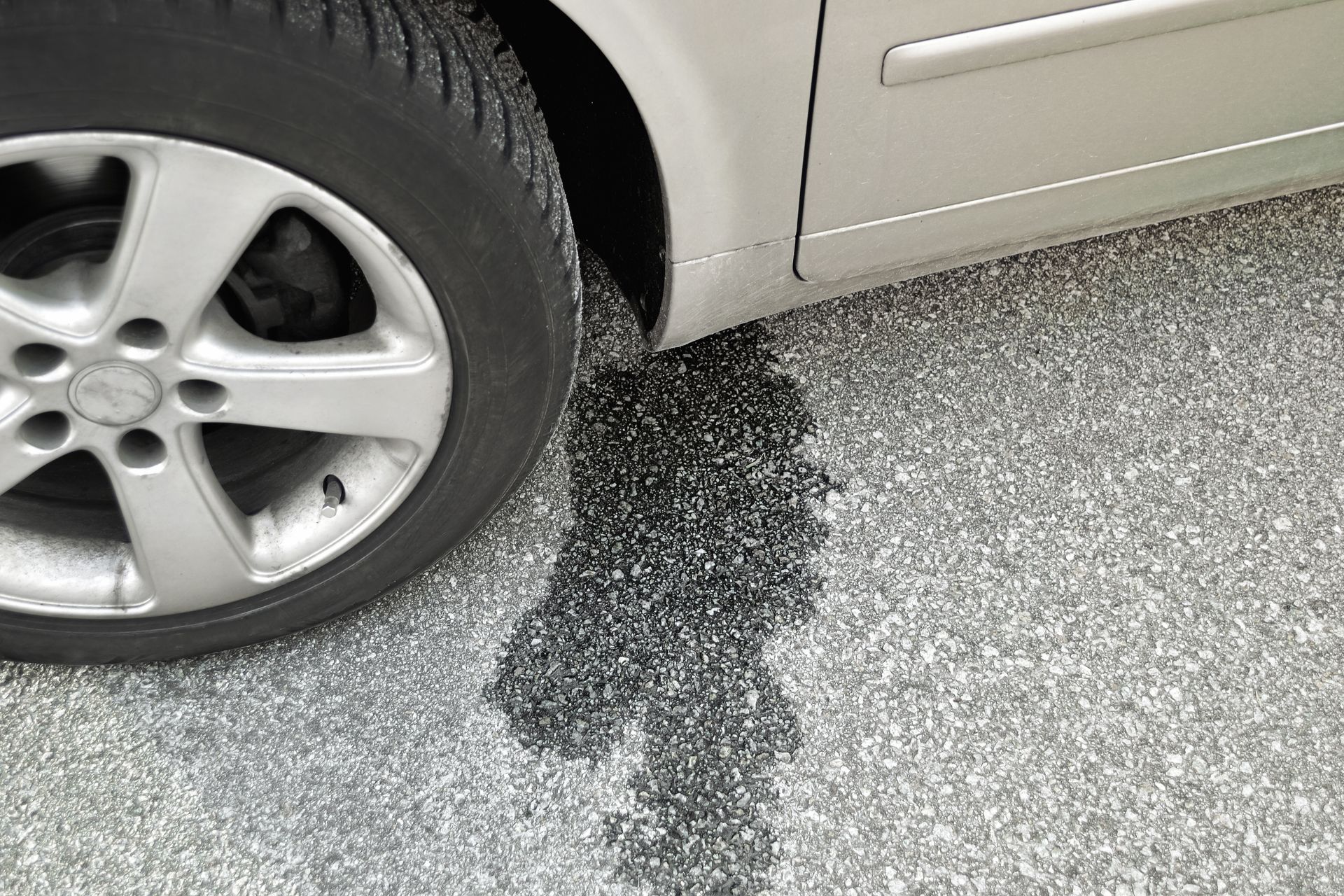Blog
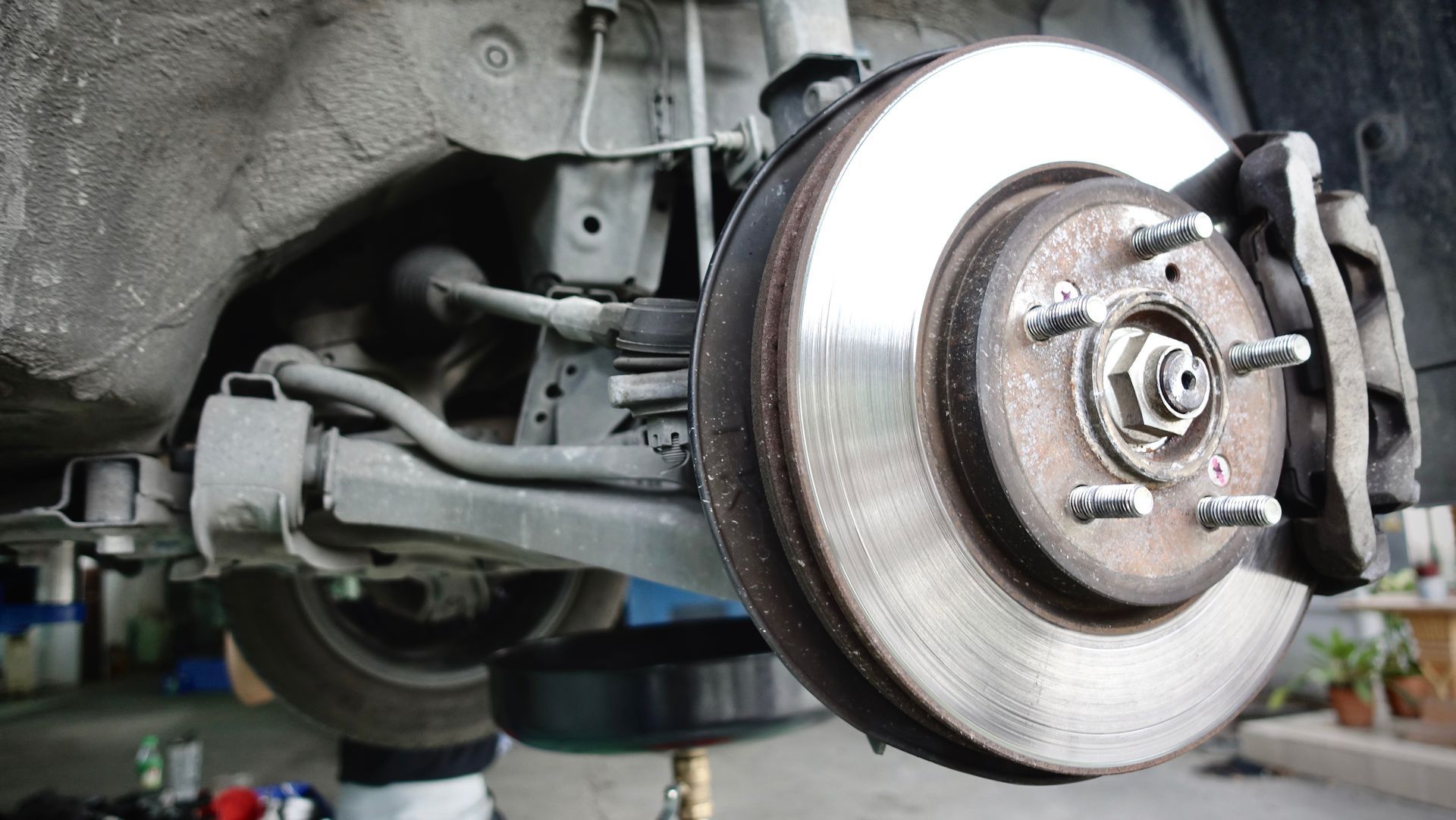
August 29, 2025
Brakes are one of the most important safety features on your vehicle, and any unusual noise when braking should be taken seriously. A grinding sound is especially concerning because it often points to worn parts that could compromise your stopping ability. Ignoring it can lead to more expensive repairs and reduced safety on the road. Knowing what causes brake grinding and acting quickly can help you avoid bigger problems. Worn Brake Pads The most common reason for grinding brakes is worn brake pads. Brake pads have a friction material that wears down with use. Once this material is gone, the metal backing plate makes contact with the brake rotor every time you press the pedal. This metal-on-metal contact creates a loud grinding sound and can quickly damage the rotors. Replacing pads before they wear down completely not only prevents grinding but also protects the rotors from costly damage. Damaged or Worn Rotors If you’ve been driving with worn pads for too long, your rotors may have deep grooves or scoring. This damage can also create a grinding sound, even after new pads are installed. Warped rotors from excessive heat can cause vibrations along with noise, making braking less smooth and less effective. In some cases, rotors can be resurfaced, but often they need to be replaced to restore safe, quiet braking. Debris Caught in the Brakes Small stones, rust flakes, or other debris can get lodged between the rotor and the brake pad. This creates a constant grinding or scraping noise when you brake or even when driving without braking. While this is less common, it’s still important to address it immediately since the debris can score the rotor’s surface and reduce braking performance. Caliper or Hardware Problems Brake calipers hold the pads in place and press them against the rotors when you brake. If a caliper is sticking or if the hardware is damaged, it can cause uneven pad wear, overheating, and grinding noises. A sticking caliper can also make the vehicle pull to one side while braking and can quickly overheat the brakes. Lack of Lubrication in Brake Components The moving parts of the braking system, such as caliper slides and contact points, need to be properly lubricated to operate quietly. Without lubrication, these parts can seize or wear unevenly, leading to noise and reduced braking efficiency. Why You Shouldn’t Ignore Grinding Brakes Driving with grinding brakes can cause serious damage to your braking system. Metal-on-metal contact wears down components quickly, increasing repair costs and making your car unsafe to drive. In extreme cases, you may lose braking ability altogether. Even if the grinding turns out to be caused by something minor, it’s better to have it checked early than to risk major brake failure. Diagnosing the Problem A professional brake inspection will include checking the thickness of the pads, the condition of the rotors, and the operation of the calipers. The technician will also look for debris, damage, and signs of overheating. From there, they can recommend the right repair—whether that’s replacing pads and rotors, cleaning out debris, or servicing calipers and hardware . Preventing Brake Grinding Routine brake maintenance is the best way to prevent grinding. Have your brakes inspected regularly, especially if you drive in heavy traffic, tow, or travel in hilly areas where brakes work harder. Replacing pads before they wear down completely keeps the rest of the braking system in better shape. Also, pay attention to early warning signs like squealing or squeaking when braking. These sounds often mean the pads are getting thin and need replacement soon. Brake Service at Kwik Kar Auto Repair – Parker Road – Plano, TX If you hear grinding when you brake, don’t wait to have it checked. At Kwik Kar Auto Repair – Parker Road in Plano, TX, our experienced technicians can diagnose the cause, replace worn parts, and restore your vehicle’s stopping power. Schedule your brake inspection today and drive with confidence knowing your brakes are safe and reliable.

